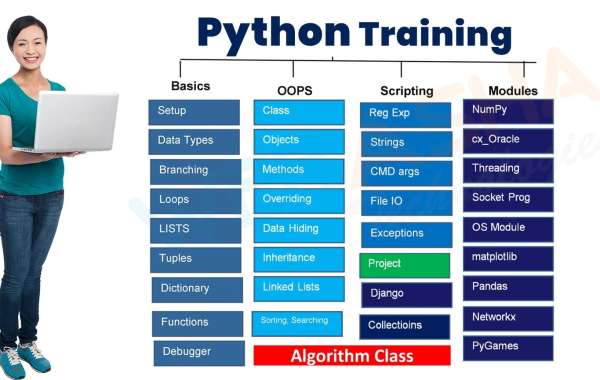Let's explore some effective estate planning strategies for stepchildren in blended families.
Recognize the Unique Dynamics
Blended families can bring together individuals with different backgrounds, relationships, and loyalties. As a result, stepchildren may not have the same legal rights as biological children when it comes to inheritance. This can create tension and conflict within the family if not addressed properly. By recognizing the unique dynamics of your blended family, you can develop a plan that meets the needs and expectations of all parties involved.
Consider a Revocable Living Trust
One effective estate planning strategy for stepchildren in blended families is to establish a revocable living trust. A trust allows you to designate specific assets and property to be distributed to your stepchildren according to your wishes. This can help ensure that your stepchildren are provided for in the event of your passing, without the risk of contested wills or legal disputes.
Additionally, a trust can provide flexibility and control over how and when assets are distributed to your stepchildren. This can be especially important if you have concerns about how your stepchildren will manage their inheritance or if you want to provide for them in a specific way, such as funding education or supporting a particular interest.
Update Beneficiary Designations
Another essential estate planning strategy for stepchildren in blended families is to regularly review and update beneficiary designations on retirement accounts, life insurance policies, and other financial assets. By ensuring that your stepchildren are listed as beneficiaries on these accounts, you can help ensure that they receive the assets you intend for them.
It's important to note that beneficiary designations override the instructions in your will or trust, so it's crucial to keep them up to date to reflect your current wishes. Failure to update beneficiary designations can result in assets going to unintended beneficiaries or to your estate, where they may be subject to probate and additional taxes.
Communicate Your Wishes
Communication is key when it comes to estate planning for stepchildren in blended families. By openly discussing your wishes and intentions with your spouse, children, and stepchildren, you can help prevent misunderstandings and conflicts down the road. Clearly outlining your estate plan and the reasons behind your decisions can provide clarity and peace of mind for your loved ones.
Consider holding a family meeting to discuss your estate plan and answer any questions or concerns that may arise. This can help foster understanding and acceptance among family members and ensure that everyone is on the same page regarding your wishes for the future.
Consult with a Professional
When developing estate planning strategies for stepchildren in blended families, it's essential to seek guidance from a qualified estate planning attorney or financial advisor. A professional can help you navigate the complex legal requirements and ensure that your estate plan is legally sound and comprehensive.
An experienced attorney can help you draft a will, establish trusts, update beneficiary designations, and address any other estate planning concerns specific to your blended family situation. By working with a professional, you can ensure that your estate plan reflects your wishes and provides for the well-being of your stepchildren and loved ones.
Estate planning for stepchildren in blended families requires careful consideration and strategic planning. By recognizing the unique dynamics of your family, establishing a revocable living trust, updating beneficiary designations, communicating your wishes, and consulting with a professional, you can develop an effective estate plan that meets the needs of all members of your blended family.
Remember, estate planning is not a one-time event but an ongoing process that should be reviewed and updated regularly to reflect changes in your family dynamics and financial situation. By taking proactive steps to address the specific needs of your stepchildren, you can ensure that your estate plan provides for their well-being and protects your legacy for generations to come.
Find out how by following this link: The lawsuit against Nissan. If there is one thing that happens to…



